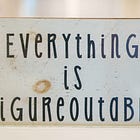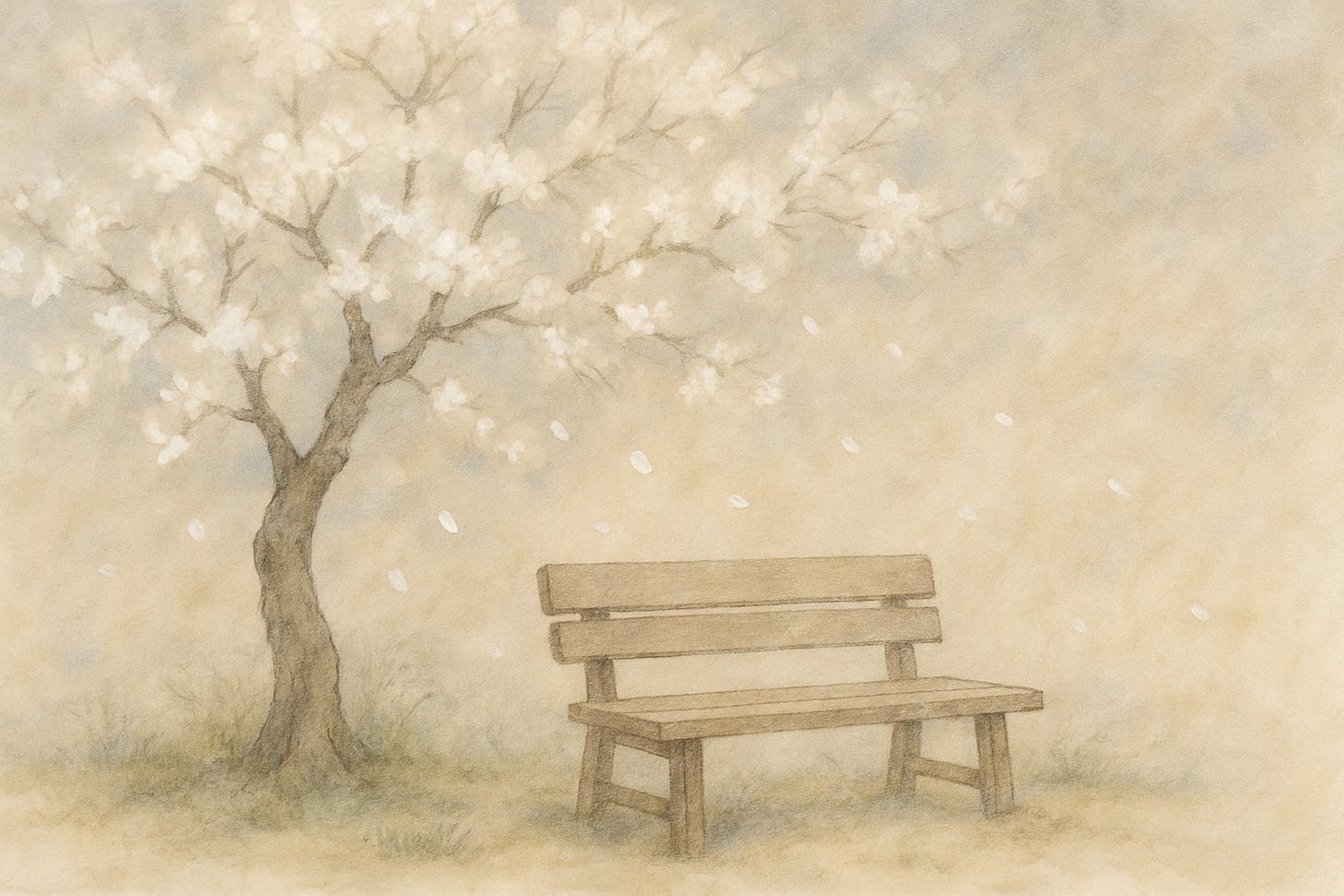Mentis Monday: Why Men’s Mental Health Still Faces Barriers
By Charlotte Hajer and Bobby Garrison
NAPA VALLEY, Callif. — There’s a silent crisis in men’s mental health. While rates of mental illness affect men and women at similar levels, men are far less likely to seek help — and far more likely to die by suicide. Behind these numbers is a culture that often tells men, explicitly or implicitly, to “tough it out.” But emotional strength isn’t about going it alone. It’s about knowing when to reach out.
Too many men grow up believing they have to hold it all together, all the time. That pressure to perform — at work and in relationships, as fathers or partners — can lead to emotional isolation and internal turmoil. In his work as a therapist at Mentis, Bobby Garrison, AMFT, sees how deeply this burden weighs on his clients.
“Often it takes a major crisis — like self-harm, infidelity or a breakdown – before a man walks into a therapy office,” Garrison says. These aren’t failures: “They’re cries for help after years of trying to shoulder everything alone.”
If we want to change the outcome, we need to change the narrative. For generations masculinity has been equated with stoicism, control and self-reliance. The “John Wayne” ideal is deeply ingrained in our culture. But it doesn’t have to be the whole story. Garrison explains that a fuller, healthier masculinity includes emotional awareness, compassion and the courage to be vulnerable, “not because vulnerability makes us weak but because it makes us human. As Brené Brown puts it, ‘vulnerability begets vulnerability.’” When men are willing to speak openly about their struggles, they create space for others to do the same. True strength is not about silence — it’s about showing up, especially when it’s hard.
There are some differences, broadly speaking, in how men and women experience and respond to mental health challenges. Where women are often socialized to explore and express emotions, men tend to look for tools and solutions. Neither approach is right or wrong. A good therapist makes space for both, helping clients gain insight into their mental health while also offering practical ways to cope.
For many men, big emotions such as anxiety, shame or grief show up as anger. They might lash out or shut down because they weren’t taught how to process what they’re feeling. One simple but powerful tool Garrison often uses is the “Anger Iceberg,” which helps clients identify the underlying emotions that drive reactive behavior.
“Once a client learns to recognize and name what’s really going on inside — stress, fear, insecurity — he begins to find relief and practical strategies to address those feelings,” he said.
“Vulnerability in fatherhood is a profound act of love.” — Bobby Garrison
To really make a difference in improving men’s wellness through emotional awareness, we need to start early – with boys and young men. Garrison begins this work by focusing on relationships: with caregivers, teachers, coaches and mentors who help shape a boy’s sense of identity. Therapy is valuable, but the most lasting mental health support comes from daily interactions at home and in school.
There are three practices Garrison often recommends to adults raising or working with boys. First, make space for physical play. Movement helps regulate emotions, build confidence and strengthen relationships — especially when adults join in. Second, talk about emotions after regulation. When a child is melting down, they can’t access the rational part of their brain. But once they’re calm, you can revisit the moment. Ask open-ended questions (“Where in your body did you feel it?”), identify coping strategies and name the impact of their actions. This builds emotional awareness and empathy.
And finally, model vulnerability. As a parent himself, Garrison has had moments he wishes he could redo. But instead of hiding those mistakes, there’s so much value in owning them. Saying “I’m sorry” teaches children, especially boys, that real strength includes humility and repair. That lesson lasts a lifetime.
(Do you have teen boys in your life? Take a look at Mentis’ lineup of summer youth programs, which offers a broad range of wellness-boosting, fun activities, all free of charge!)
Fatherhood is often the most transformational — and challenging — experience in a man’s life. Many dads carry quiet fears: Am I doing this right? Am I enough? Will I pass on the pain I never got to heal? When those fears go unspoken, they can lead to shame-based parenting or emotional disengagement. But being a good father isn’t about perfection; it’s about being present. It’s about choosing to grow, even when it’s uncomfortable.
“Vulnerability in fatherhood is a profound act of love,” Garrison said, and one of the most powerful ways to raise emotionally healthy children.
The truth is, we all benefit when men feel safe to be their full selves — strong and soft, steady and struggling. Breaking the silence around men’s mental health isn’t just about avoiding crisis. It’s about building a culture where emotional courage is celebrated, where boys are taught that their feelings matter and where no man has to face the weight of his world alone.
If you or someone you love is experiencing a mental health crisis, call or text the 988 Suicide and Crisis Lifeline.
If you or someone you love needs mental health or wellness support, please visit our Mentis Community and Youth Resource Database. Mentis is one of Napa’s oldest nonprofits and provides bilingual, affordable mental health services to people of every age and income level.
—
Bobby Garrison is an associate marriage and family therapist who specializes in working with kids, adolescents, parents and trauma survivors. Prior to working as a therapist, he worked with adults struggling with severe mental illness as a case manager in Mentis' housing program. He is the father of two toddlers and has spent years mentoring and coaching teenagers as a volunteer high school football and track coach.
Charlotte Hajer is Mentis’ development director. She holds a Ph.D. in cross-cultural mental health and loves to write about the way individuals experience and navigate the social and cultural world around them.














